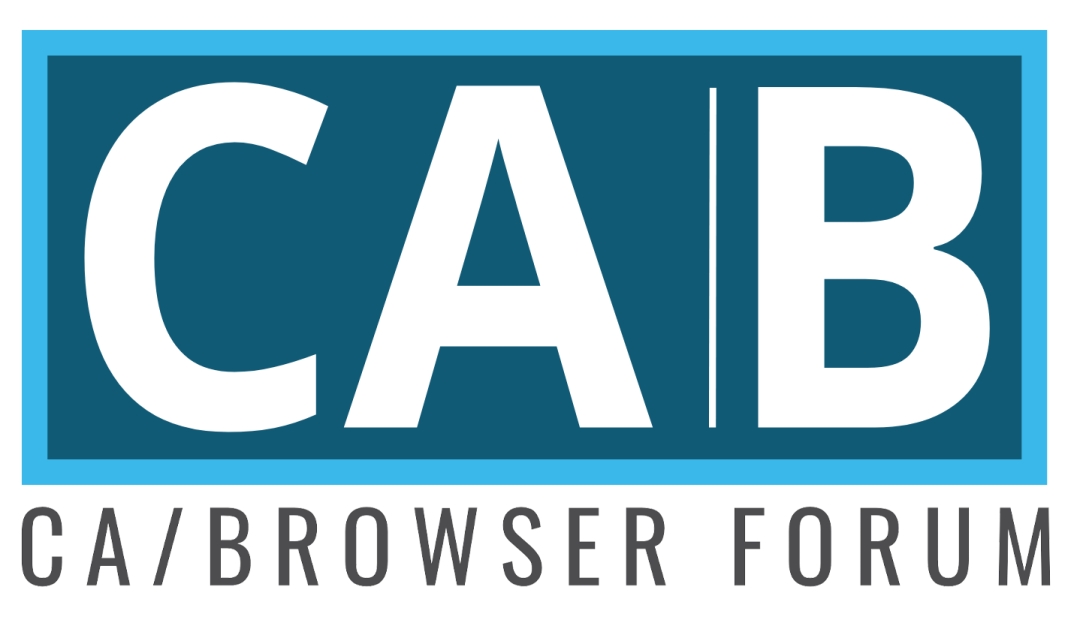The cybersecurity landscape is bracing for a significant and accelerated shift as the maximum lifespan for Secure Sockets Layer & Transport Layer Security (SSL/TLS) certificates undergoes a substantial reduction. This change, driven by the need for enhanced online security through more frequent validation, gained significant momentum following a vote by the CA/Browser Forum (CABForum) on April 11, 2025. The CABForum, the industry consortium that governs the issuance of SSL certificates, overwhelmingly approved Ballot SC-081, setting in motion a timeline for dramatically shorter certificate validity periods. This development has some experts concerned about potential widespread website outages and operational disruptions, drawing parallels to the Y2K millennium bug.
Currently, the maximum validity period for a Transport Layer Security (TLS) certificate stands at 398 days. However, the CABForum vote has solidified a phased reduction schedule:
- As of March 15, 2026: The maximum lifetime for a SSL/TLS certificate will decrease to 200 days.
- As of March 15, 2027: The maximum lifetime for a SSL/TLS certificate will be further reduced to 100 days.
- As of March 15, 2029: The maximum lifetime for a SSL/TLS certificate will be capped at just 47 days.
This progressive shortening of certificate lifespans aims to limit the window of opportunity for the misuse of compromised certificates and encourages the adoption of more automated certificate management practices. However, the increased frequency of required renewals, mandated by the CABForum's decision, presents considerable logistical challenges for website owners and system administrators. Concerns are mounting that many organizations, particularly those with complex infrastructures or less automated systems, may struggle to manage the escalating renewal burden.
The comparison to the Y2K bug arises from the potential for widespread, unforeseen consequences stemming from a seemingly technical adjustment. Just as the transition to the year 2000 exposed vulnerabilities in systems reliant on two-digit year formats, the rapid increase in certificate renewals, now formalized by the CABForum vote, could expose weaknesses in organizations' IT management processes. The fear is that a failure to adapt swiftly could lead to a significant increase in expired certificates, rendering websites inaccessible and eroding user trust.
Fortunately, solutions are emerging to help organizations automate SSL certificate management and mitigate the risks associated with frequent renewals. Products like the Sectigo ACME SSL Certificate and the Verokey ACME Automation Certificate from SSLTrust offer cost-effective ways to streamline the renewal process, reducing the burden on IT staff and minimizing the potential for errors. These solutions leverage the Automated Certificate Management Environment (ACME) protocol to automate certificate issuance and renewal, ensuring continuous website security and availability in the face of the CABForum's new regulations.
The recent CABForum vote underscores the urgency for all website operators to proactively embrace automation and adapt their certificate management strategies to ensure continued online security and accessibility and to potentially avoid a "next Y2K" scenario.
About SSL Certificates:
SSL certificates are digital certificates that authenticate a website's identity and enable an encrypted connection. They are essential for securing online transactions, protecting user data, and building trust on the internet.
Media Contact
Company Name: Keyko Pty Ltd
Contact Person: Paul Baka
Email: Send Email
Country: Australia
Website: https://www.keyko.com.au






